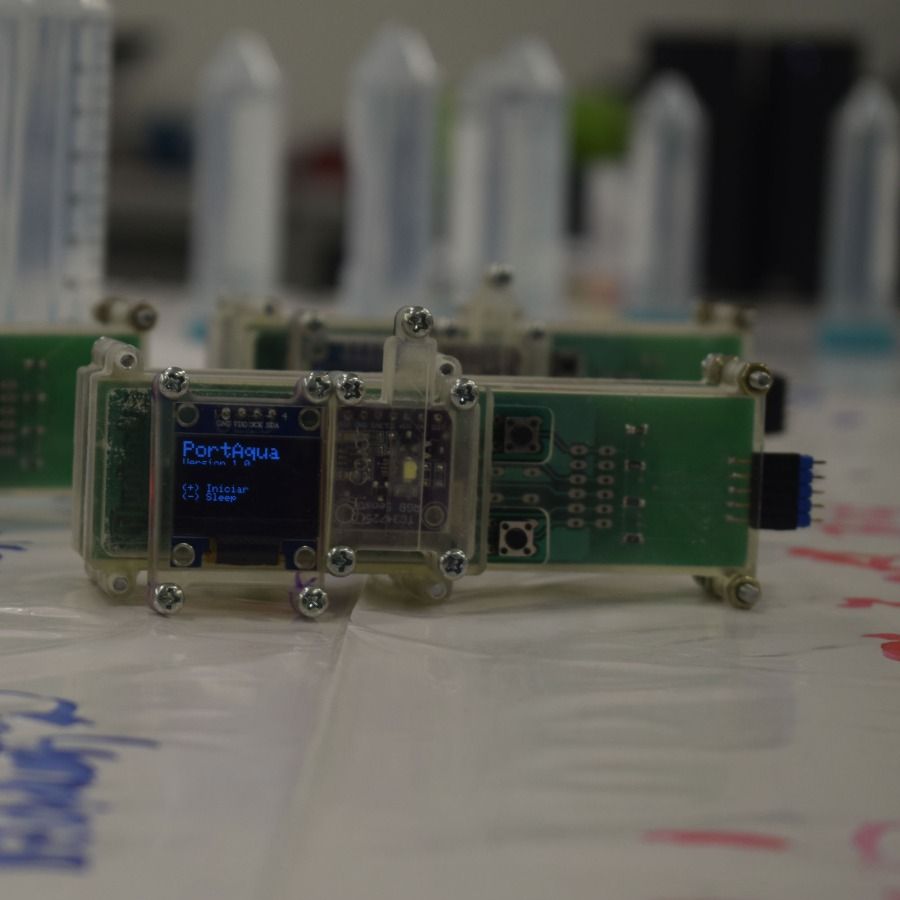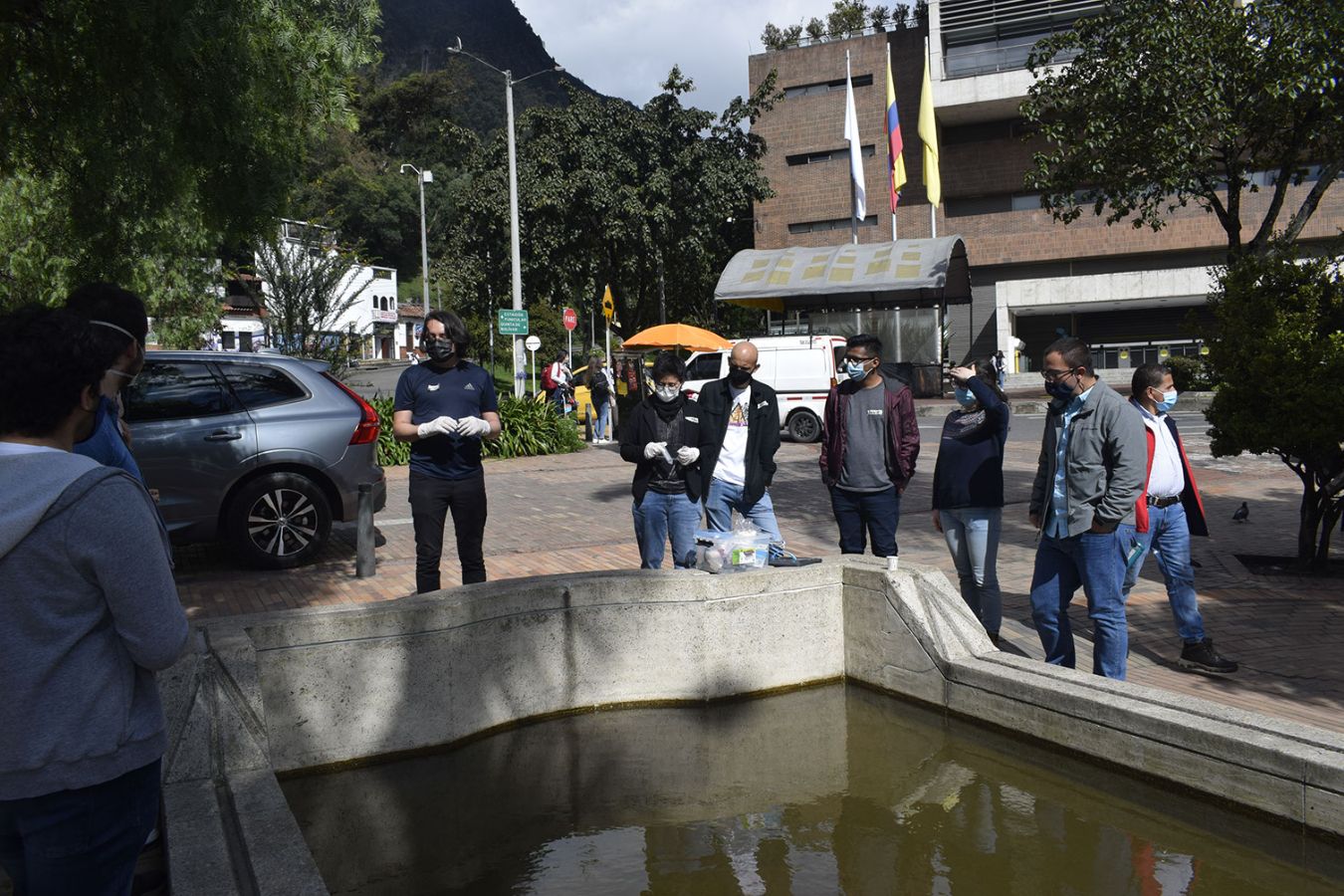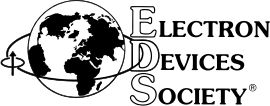Community Technology Literacy IEEE


Community Technology Literacy IEEE
Objective:
The project aims to create a self-powered, 2 -channel water probe, using 3D printing and energy harvesting. We intend to design and prototype a hybrid energy harvester cell for single- or multi-source energy collection dependent on the available local resources. This energy cell will be integrated a 2 channel Senso Agua (pH, Conductivity) and will be used to monitor the parameters of the San Francisco River (SFR) in Bogota-Colombia.
Outcome and Impact:
The main outcome will be the creation of the self-powered water probe that will be economically viable for local communities. Other outcomes are: to investigate mechanisms for energy harvesting such as movement, temperature or solar. The prototype of a cell based on a harvesting mechanism will integrate the cell into a portable water probe, and to train schools on the use of the self-powered probe. In the community the water quality is only assessed by using human senses: smell, color and taste. But there is no technology available for citizens to support their decisions on drinking or suitability domestic use. Technology like the one introduced here has to play a role engaging local people instead of solely relying on water probes that are on hands of specialized authorities (environmental ministry or environmental companies). By introducing this project in a large city like Bogota it will create awareness about water quality and the role that EDS is playing in enabling students to develop solutions where the community intended to be served will be the central part of the project and not the other way around. We must first understand the needs for reliable water sources, the health of the community will be affected by the decision taken based on monitoring. It is challenging to educate all of us to be u201cproblem solversu201d in situations that demand the customization of engineering solutions for the local communities. This project will be a perfect example of cascade mentoring where the university students develop a solution, educating the teachers that will be working closely with school age children to provide a very strong STEM component to this project. Developing competences that involve knowledge (epistemological, procedural and technical), communication skills, attitudes and values (know-what and know-how), which interconnect and combine to create effective STEM thinking and actions. We will conduct workshops where students from the Uniandes EDS chapter, who have been active in EDS-ETC activities will be recruited for this activity and trained in the use of the self-powered probe. An activity that we hope will become a seed activity that can be transferred to other student chapters in Colombia and the world.

Funding
This work was sponsored by the IEEE Electron Device Society through EDS Humanitarian Project program 2021. Click here to Read more.